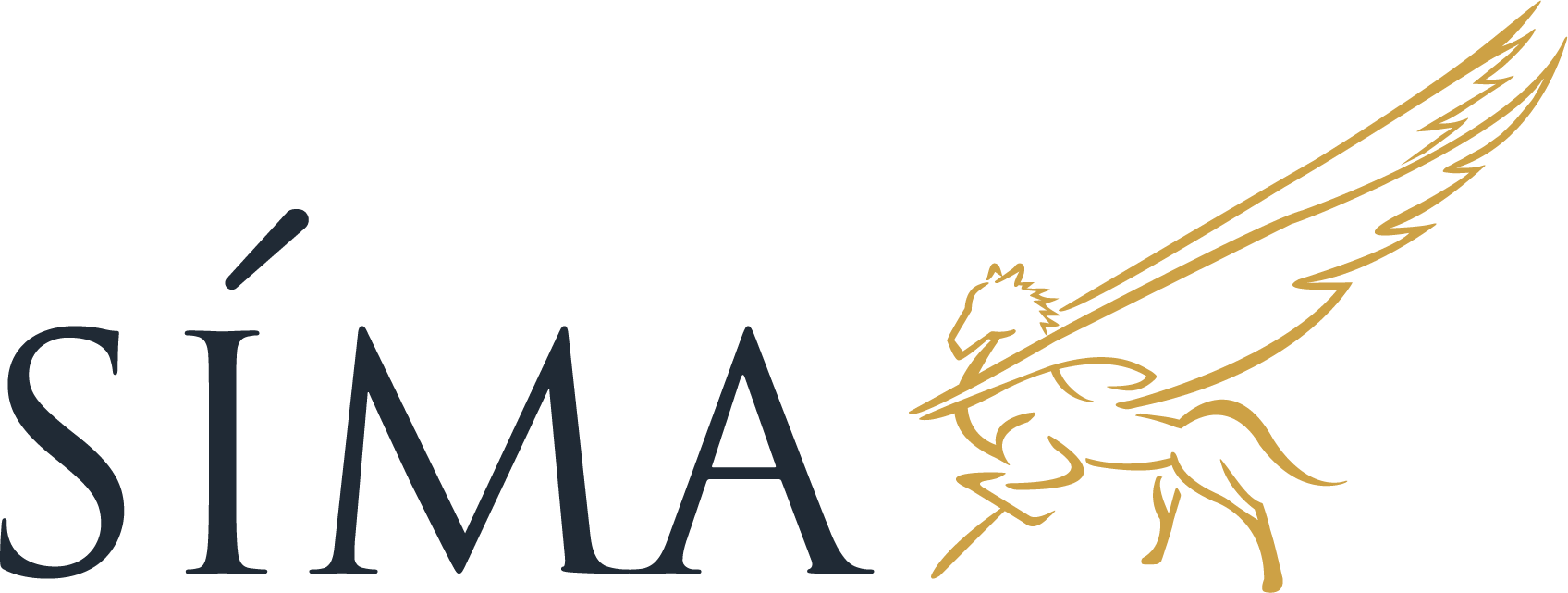On May 28, 2019, the IRS released Revenue Procedure 2019-25 to announce the inflation-adjusted limits for health savings accounts (HSAs) and high deductible health plans (HDHPs) for 2020. These limits include:
- The maximum HSA contribution limit
- The minimum deductible amount for HDHPs
- The maximum out-of-pocket expense limit for HDHPs
These limits vary based on whether an individual has self-only or family coverage under an HDHP.
HSA Contribution Limits for 2020
The IRS limits for HSA contributions increase for 2020. Eligible individuals with self-only HDHP coverage will be able to contribute up to $3,550 for 2020, while eligible individuals with family HDHP coverage will be able to contribute up to $7,100 for 2020.
The $1,000 catch-up contribution limit that applies to HSA-eligible individuals who are age 55 or older will remain unchanged.
HDHP Cost-sharing Limits for 2020
For self-only coverage in 2020, the HDHP minimum deductible will increase to $1,400 and the out-of-pocket maximum will increase to $6,900. For family coverage, these limits will increase to $2,800 and $13,800, respectively.
Action Steps
Because these limits change for 2020, employers that sponsor these plans may need to make plan design changes for plan years beginning in 2020.
